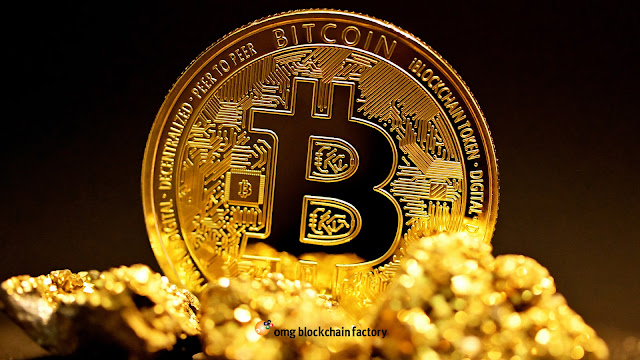Is it preferable to invest in bitcoin (BTC) than gold (GLD)? You may have thought about the following. For traders, the two markets are vastly different; Bitcoin is a peer-to-peer decentralized digital currency that was first mined in 2009, whereas Ethereum is a decentralized cryptocurrency that was first mined in 2011. Bitcoin is a decentralized digital currency that was first mined in 2009, whereas Ethereum is a decentralized cryptocurrency that was first mined in 2011. Authentic gold is a tangible commodity that has been highly prized by people all over the world for millennia. The levels of volatility, storage procedures, and demand sources that distinguish the two markets are the most significant distinctions between them.
One of the most noticeable differences between Bitcoin and gold is the degree to which both assets are subject to volatility. Bitcoin and gold are both very unpredictable. Average true range (ATR), one of the most widely used indicators of volatility, is useful because it describes the amount that a market moves over a given period of time. Bitcoin's ATR (average true range) is significantly higher than the ATR for gold when it comes to trading.

Comments
Post a Comment